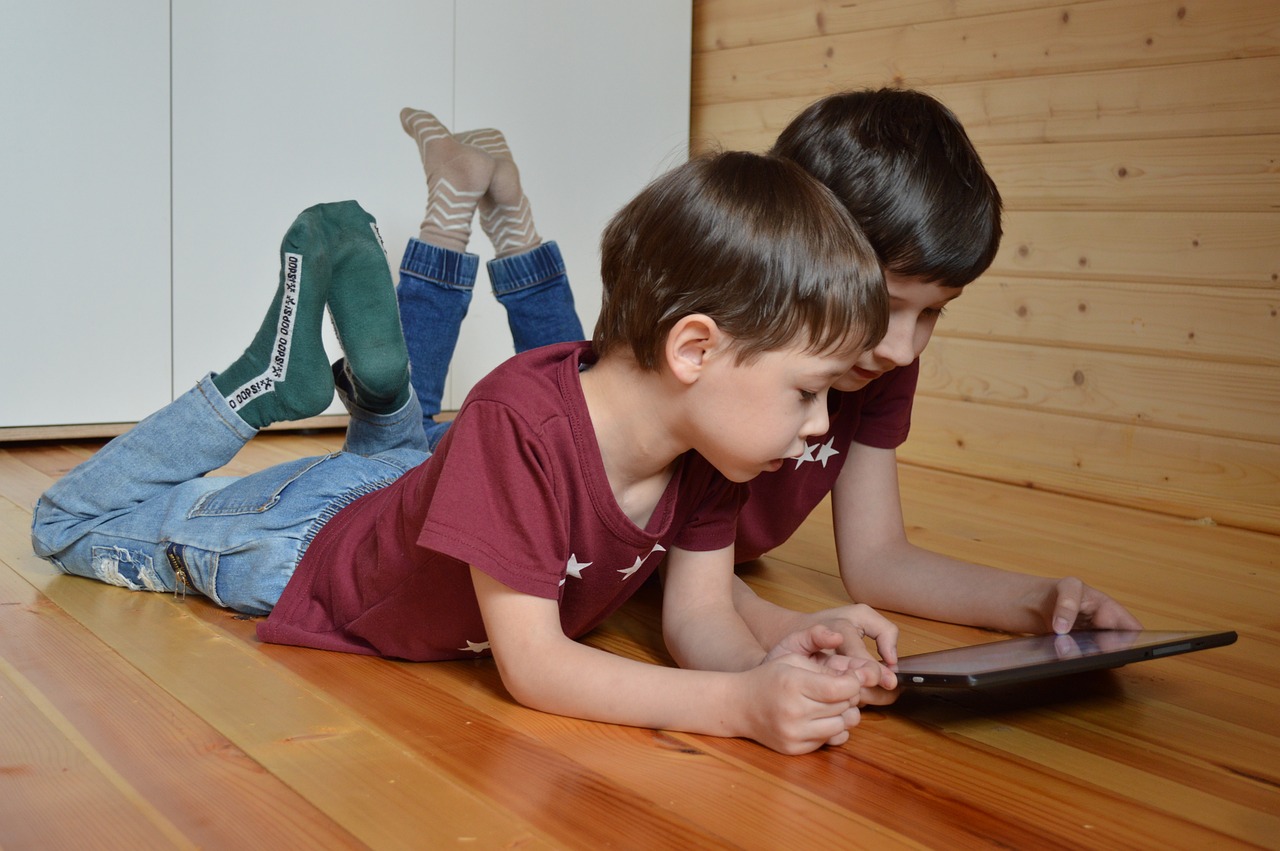TikTok, with its short-form videos and seemingly endless stream of content, has gripped the attention of millions worldwide. It showcases an array of talents, tutorials, tips, tricks and trends. However, what usually goes unnoticed is the potential for misinformation and unrealistic expectations it can create among young users.
The world inside this social media giant seems filled with perfection: immaculate homes, flawless faces, exotic vacations and enviable lifestyles. It offers a window into lives that seem devoid of any problems or struggles – a utopia where everyone is always smiling. But we must remember that this "reality" is often meticulously curated for mass consumption.
One might argue that every form of entertainment indulges in some level of idealization or exaggeration - why single out TikTok? The difference lies in the platform's primary audience - youth aged 16-24 who are still developing their cognitive skills and understanding about real life.
An active intervention by parents can help kids differentiate between virtual fantasy and tangible reality. Open conversations about how everything on TikTok isn’t necessarily true or achievable can prevent them from harboring unrealistic expectations or feeling pressured to conform to certain standards.
Teaching children critical thinking skills can also be beneficial in deciphering the truth behind viral challenges or trending topics on TikTok. Encourage them to question everything they see online: Is this video staged? Does everyone really live like this? Are those reactions genuine?
Parents should also prioritize teaching emotional intelligence alongside digital literacy. Help your child understand that it's okay not to have a perfect life as portrayed on social media; everyone has bad days – even those influencers they admire.
Moreover, excessive screen time can lead to a lack of physical activity and social skills development. Encourage your child to balance online activities with offline ones: reading books, playing sports or simply spending quality time with family and friends.
While it’s not feasible or fair to entirely ban kids from using TikTok or similar platforms – given their ubiquitous nature in modern life - we can certainly ensure they are armed with the right knowledge to navigate these digital spaces responsibly.
In conclusion, teaching kids that TikTok life isn't always reality is a vital part of preparing them for the digital world. It’s about helping them understand the curated nature of online content and inspiring them to seek authenticity over perfection in real life. This will not only protect them from potential harm but also foster a healthy relationship with technology.

